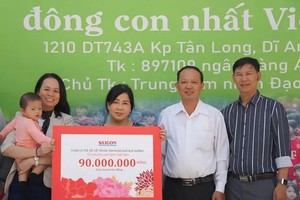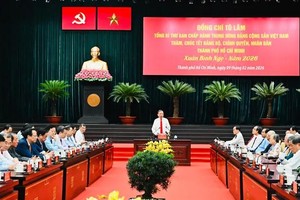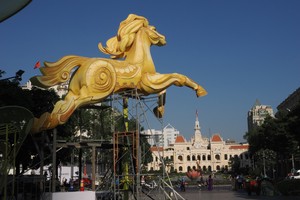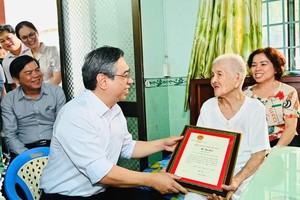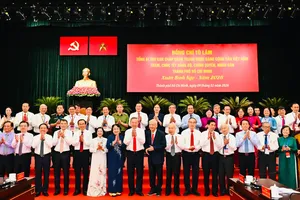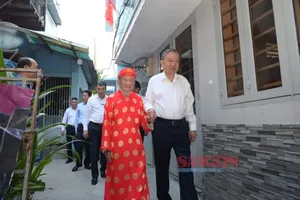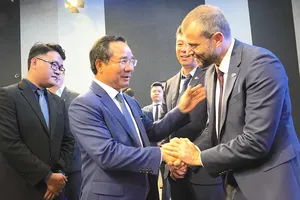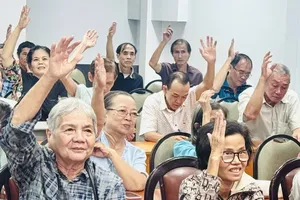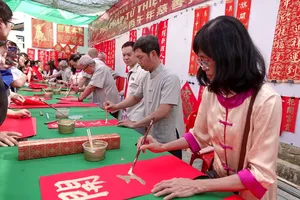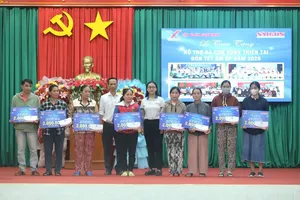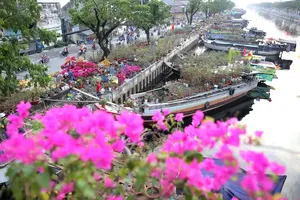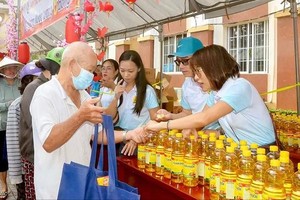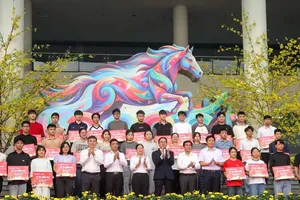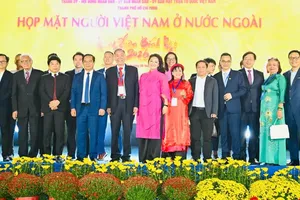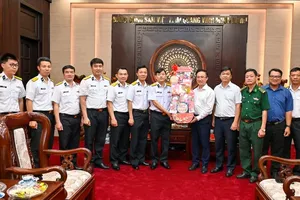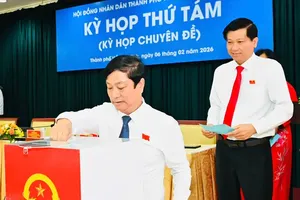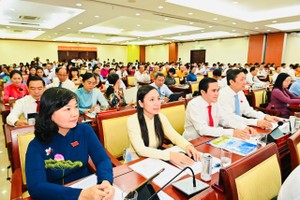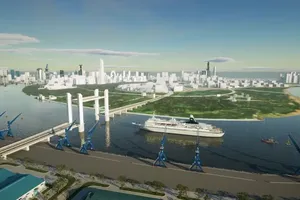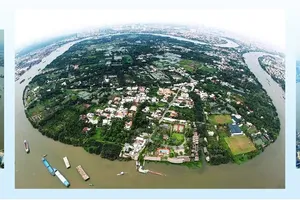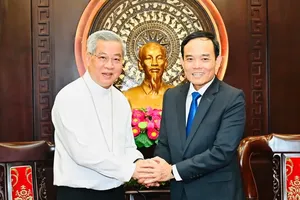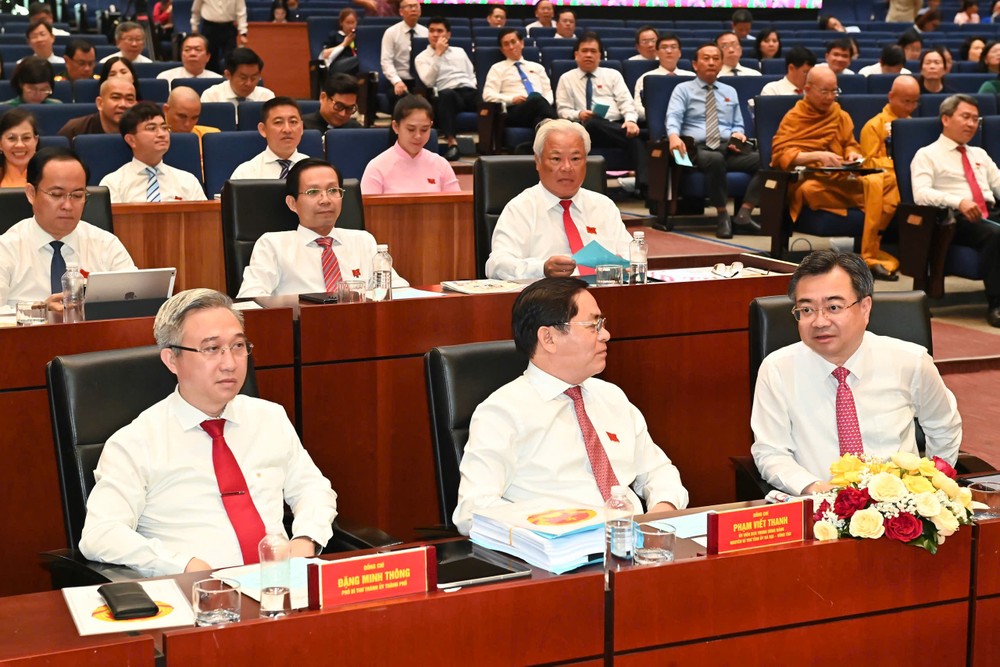
Presenting the HCMC People’s Committee’s reports and proposals at the second session of the 10th-tenure municipal People’s Council on July 24, Vice Chairman Nguyen Van Dung said the city had strictly implemented all socio-economic resolutions and directives in the first half of the year, delivering notable progress across multiple sectors.
The city’s GRDP for the first six months is estimated to have expanded by 7.49 percent (excluding crude oil). Budget revenue reached 54.5 percent of the year’s plan, up 8.2 percent year-on-year. Disbursement of public investment stood at VND46.69 trillion (30.9 percent of plan). Total retail sales exceeded VND919.76 trillion; the industrial production index grew 1.3 percent; exports reached US$46.7 billion and imports hit $47.9 billion. Foreign direct investment (FDI) hit $4.73 billion, up 32.2 percent year-on-year.
Cultural and festive activities were held with efficiency and thrift; social welfare, healthcare, and education were prioritized; the digital economy and digital society continued to advance; external relations remained effective; and public order was maintained.
Despite these gains, the HCMC People’s Committee acknowledged several shortcomings. Some growth indicators remain below target, disbursement of science and technology funds has been sluggish, newly established enterprises reported decreased registered capital, and cybercrime—especially sophisticated online fraud—remains complex. The ongoing streamlining of administrative apparatus and workforce reductions also face difficulties amid heavy workloads.
Looking ahead, the HCMC People’s Committee will comprehensively execute central and municipal directives, with a focus on the “four pillars” action program (science–technology, international integration, legal reforms, and private-sector development) and the 100-day emulation campaign marking the Party congresses at all levels. The city will complete organizational restructuring, ensure effective decentralization, and accelerate the handling of land and State assets post-streamlining.
Economic growth remains the top priority, with swift policy responses to emerging issues to secure the 2025 GRDP target. Efforts include expediting site clearance for 46 projects, restructuring industries and subsectors through innovation, technology application, and productivity gains, and advancing the support industry program for the 2021–2025 period.
The city is also promoting high-tech, smart, and digital transformation-oriented processing and manufacturing; converting five export processing and industrial zones (Tan Thuan, Hiep Phuoc, Tan Binh, Cat Lai, Binh Chieu) into innovation-driven, green, and circular complexes; and developing a 220-hectare concentrated IT zone divided into four clusters.
Service industries will be restructured around modern technology, with a focus on high-value, knowledge-based, and technology-driven services and expanding service exports. Tourism is being modernized for sustainable growth; logistics infrastructure at Cai Mep–Thi Vai and Phu My is being expanded; plans are underway to establish a free trade zone linked to seaports; and the Thuy Van–Bai Sau coastal route will be upgraded before September 2, 2025.
Additionally, the city is prioritizing comprehensive urban and transport infrastructure, especially inter-regional and major digital transformation projects, while investing in high-quality human resources to drive scientific research, technological development, innovation, and start-up ecosystems.
